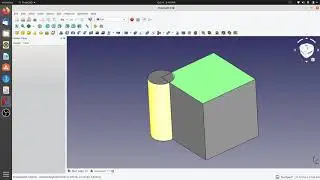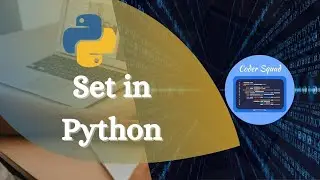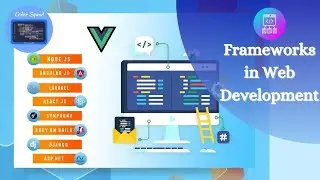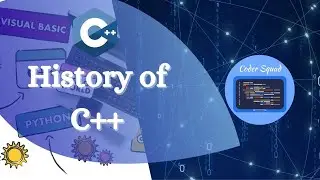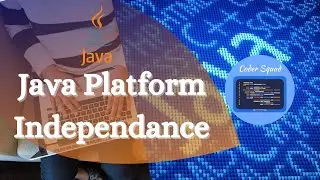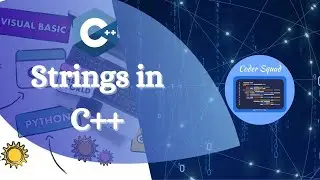Java | Why Java is Platform Independent | Why Java is called Platform Independent | Coder Squad
🚀 Welcome to Coder Squad's Java Tutorial Series! In this video, we're delving into one of the most intriguing aspects of Java programming—its platform independence. Join us as we uncover why Java is renowned for its ability to run on any platform, and how this unique feature contributes to its widespread adoption and versatility in software development.
🌟 What You'll Learn:
Understanding Platform Independence: Gain a comprehensive understanding of what it means for a programming language to be platform-independent, and why it's a desirable trait in today's software development landscape.
Java's Write Once, Run Anywhere (WORA) Philosophy: Explore the core principle of Java's platform independence, encapsulated by the famous mantra "write once, run anywhere," and understand how it enables Java code to be executed on diverse computing platforms without modification.
Java Virtual Machine (JVM): Learn about the pivotal role of the Java Virtual Machine (JVM) in achieving platform independence, as it serves as an intermediary between Java bytecode and the underlying operating system and hardware.
Bytecode Compilation: Dive into the concept of bytecode compilation in Java, where Java source code is compiled into platform-neutral bytecode rather than native machine code, allowing it to be executed on any system with a compatible JVM.
Cross-Platform Compatibility: Explore the practical implications of Java's platform independence, including seamless execution of Java applications on different operating systems (e.g., Windows, macOS, Linux) and architectures (e.g., x86, ARM).
Benefits and Use Cases: Understand the benefits of Java's platform independence for developers, organizations, and end users, and discover common use cases where Java's versatility shines, such as web development, enterprise software, mobile applications, and embedded systems.
🔍 Why Understanding Java's Platform Independence Matters:
Flexibility and Portability: Java's platform independence provides developers with the flexibility to write code once and deploy it across multiple platforms, reducing development time and effort.
Interoperability: Java's cross-platform compatibility fosters interoperability between different systems and environments, enabling seamless integration and communication between diverse software components.
Future-Proofing: By embracing Java's platform independence, developers future-proof their applications against changes in underlying technologies and platforms, ensuring long-term viability and maintainability.
🌐 Join the Learning Community:
Share your thoughts, questions, or your own experiences with Java's platform independence in the comments section below. Let's learn and grow together as we explore the dynamic world of Java programming!
🔔 Ready to Dive Deeper into Java Development?
Subscribe and enable notifications to stay updated with our Java Tutorial series. Let's embark on a journey of learning and mastery in Java programming with Coder Squad!
Смотрите видео Java | Why Java is Platform Independent | Why Java is called Platform Independent | Coder Squad онлайн, длительностью часов минут секунд в хорошем качестве, которое загружено на канал Coder Squad 18 Март 2024. Делитесь ссылкой на видео в социальных сетях, чтобы ваши подписчики и друзья так же посмотрели это видео. Данный видеоклип посмотрели 109 раз и оно понравилось 0 посетителям.




